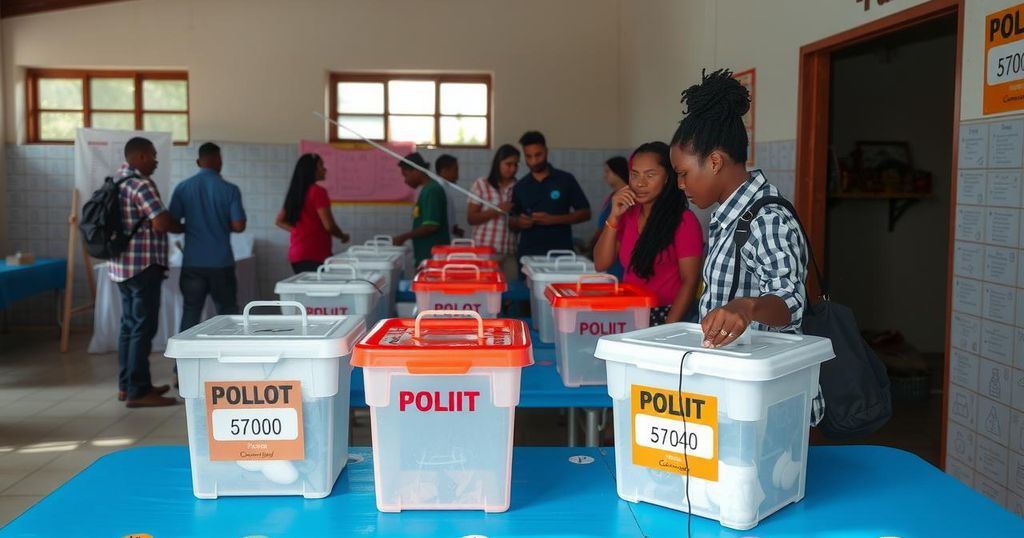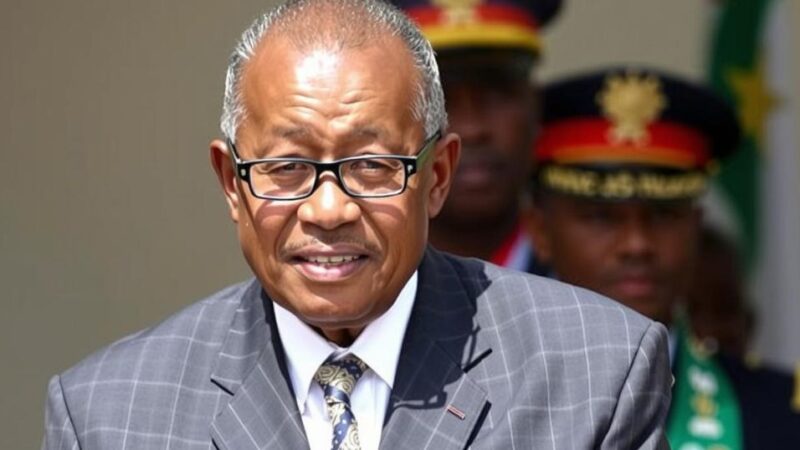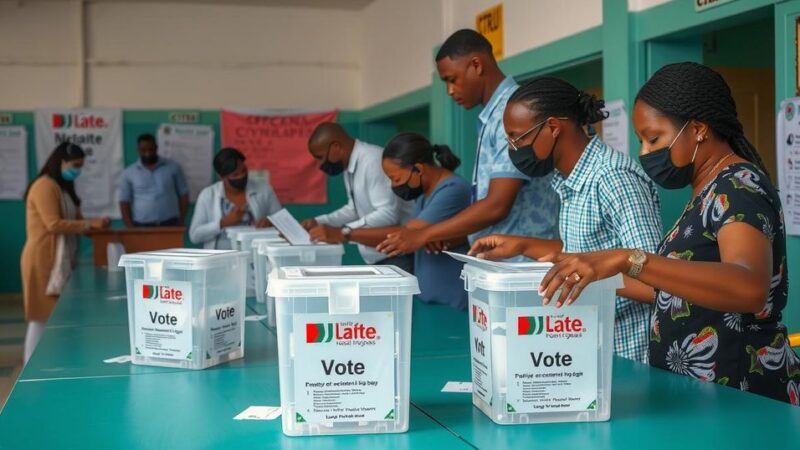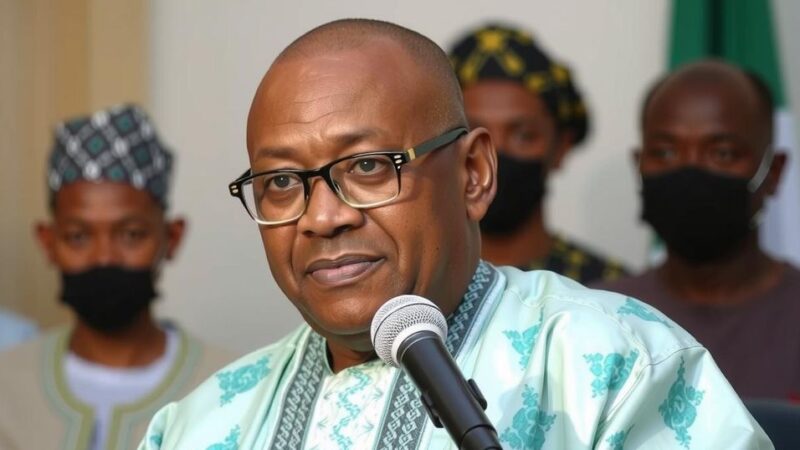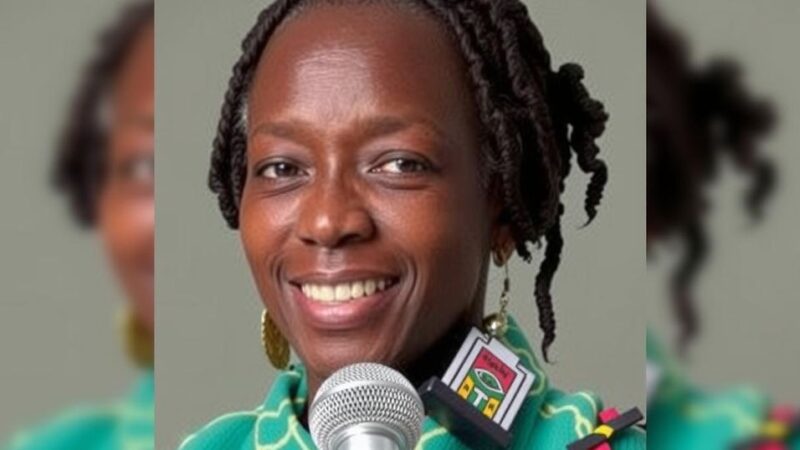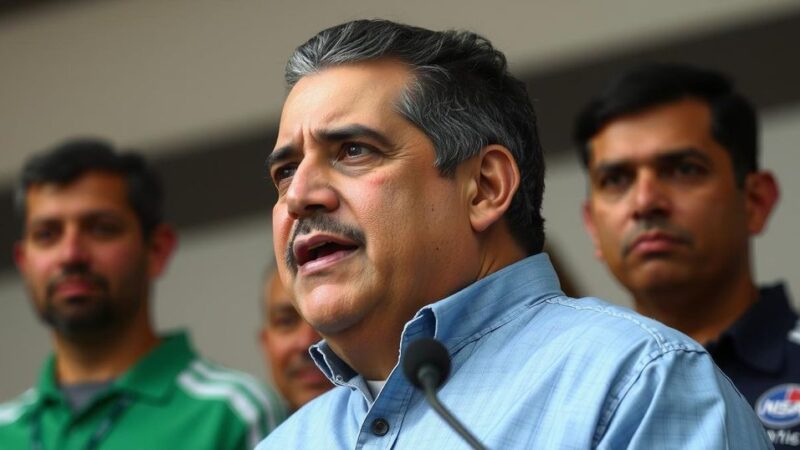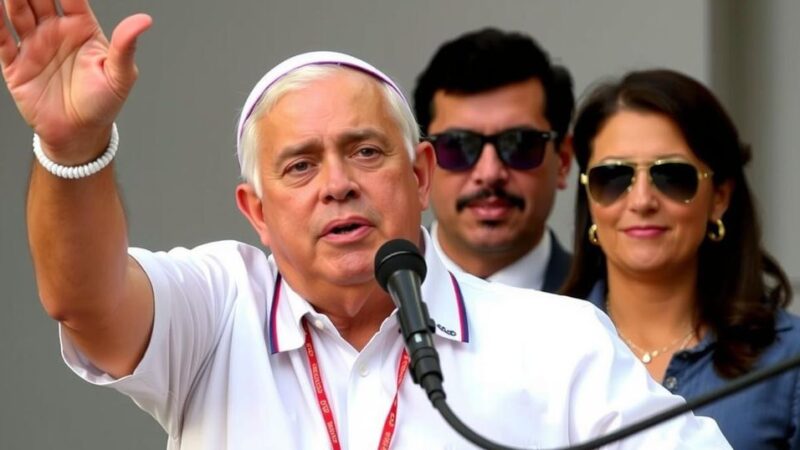Voters in Comoros are electing members of the archipelago’s 33-seat parliament amid allegations of electoral fraud from last year’s presidential election. President Azali Assoumani, who has been in power since 1999, faces criticism for potential authoritarianism and the suspected succession of his son. Approximately 338,000 registered voters and nearly 100 candidates are involved. Results are expected by Friday.
On Sunday, voters in Comoros participated in elections to select representatives for the archipelago’s 33-seat parliament. The elections occur against the backdrop of recent tensions following President Azali Assoumani’s controversial re-election last year, which the opposition claims was marred by significant irregularities – allegations that the ruling party has firmly denied. Approximately 338,000 registered voters engaged in the electoral process, with nearly 100 candidates contesting for parliamentary seats.
The last parliamentary elections took place in January 2020, and the present election has been marked by concerns regarding President Assoumani’s increasing concentration of power and the perception he may be grooming his eldest son, Nour El-Fath, for succession by the conclusion of his term in 2029. Despite the growing criticism towards Assoumani, who has been in power since coming to rule via a coup in 1999 and has won three elections, some opposition parties, notably Juwa, have called for a boycott of these elections. Conversely, the opposition party Hope of the Comoros has opted to participate, arguing that their presence will help reveal the flaws of the current regime.
Election results are anticipated by the end of the week, amidst ongoing debates about the validity of the electoral process and the future direction of governance in Comoros. In the context of these elections, Assoumani’s administration has faced accusations of authoritarianism and suspicion regarding the implications of his son’s newfound authoritative responsibilities for the nation’s political landscape.
Comoros is an archipelago in the Indian Ocean, which has a turbulent political history characterized by coups and widespread allegations of electoral malpractice. President Azali Assoumani has been a central figure in Comoros since 1999 when he first seized power. His leadership has seen varied public support, with opposition factions often arguing against authoritarian practices and expressing concern over the potential dynastic succession plan involving his son. The upcoming elections are particularly significant as they represent a response to these enduring political tensions and a chance for the citizenry to assert their democratic voice after prolonged dissatisfaction with the government’s transparency and accountability.
In conclusion, the parliamentary elections in Comoros are indicative of broader concerns regarding democracy and governance in the region. As voters head to the polls amidst allegations of authoritarian practices and electoral manipulation, the outcome will not only shape the immediate political landscape but may also dictate the future of governance in Comoros. The participation of various opposition factions highlights the divisions and differing strategies in addressing the current regime’s actions, setting the stage for potential political shifts in the coming years.
Original Source: www.lismorecitynews.com.au

